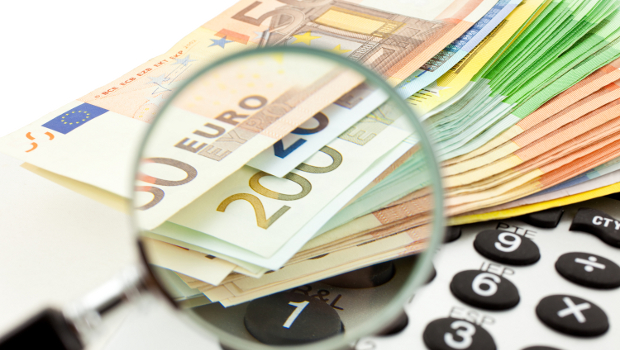Almost two thirds (64%) of Irish businesses are sceptical of the value of technology investment.
This is one of the findings of research from 451 Group and Digital Realty, polling 100 IT managers and CIOs across businesses large and small.
The survey found the cost of maintaining infrastructure (42%), security concerns (41%) and access to technical skills (33%) were the main concerns when contemplating investing in new technologies.
The survey report contrasts this against international figures suggesting that 40% of business have already engaged in digital transformation efforts, which usually constitute high levels of investment in new technologies.
“Across every sector, Irish businesses are more global in outlook and operation than ever before,” said Valerie Walsh, SVP, Commercial and Portfolio Management, Digital Realty. “That’s bringing opportunities that will only intensify as Brexit grows closer and Ireland further enhances its position as a key gateway to Europe. But to grab the opportunities, businesses need to operate globally and nimbly in every market. Technology will create that ability. If you don’t invest in tech, you won’t see the benefits of the global marketplace.”
“Irish enterprises find themselves in an interesting position today,” said Penny Jones, research director, 451 Group. “Many are just starting out on their journey towards digital transformation. As they progress, however, they are finding they face some very real challenges to adoption, from access to skills to Brexit. As a result, a large number are expected to turn to the wide array of providers that offer services for help.”
The survey report references another piece of research from Digital Realty and Development Economics, “The Data Economy Report 2018”, which suggest that Ireland is not fulfilling its true potential as a data economy, partly through a lack of investment in technology.
The data economy report states: “the Data Economy is defined as the financial and economic value created by the storage, retrieval and analysis – via sophisticated software and other tools – of large volumes of highly detailed business and organisational data at very high speeds.”
According to the data economy report, Ireland has a Gross Value Add (GVA) to the economy of €10 billion from the data economy, or 4% of the total economy, and accounting for 3% of the workforce, as of 2016. This is compared to 4.2% of the total economy for the UK and 3.3% of its workforce. The report claims that Ireland is somewhere between the Netherlands (49%) and Germany (55%) in terms of fulfilment of potential in the data economy, inferring that there may well be another €10 billion to be had if a range of measures, for both businesses and the government, were implemented to fully drive the data economy.
Among the recommendations in the report to fully take advantage of the data economy are building confidence in the ability to handle customer data, better data utilisation within businesses, appointing chief data officers to develop and oversee overall data strategies, large businesses mentoring small ones, skills development, the formation of industry bodies and associations to aid development and adoption, and improved public and service infrastructure.
For governments, it is recommended that education curricula encourage data careers, with cross and re-training as key elements. Open data initiatives are recommended to improve access to data, as well as regulatory frameworks to support overall efforts.
TechCentral Reporters








Subscribers 0
Fans 0
Followers 0
Followers